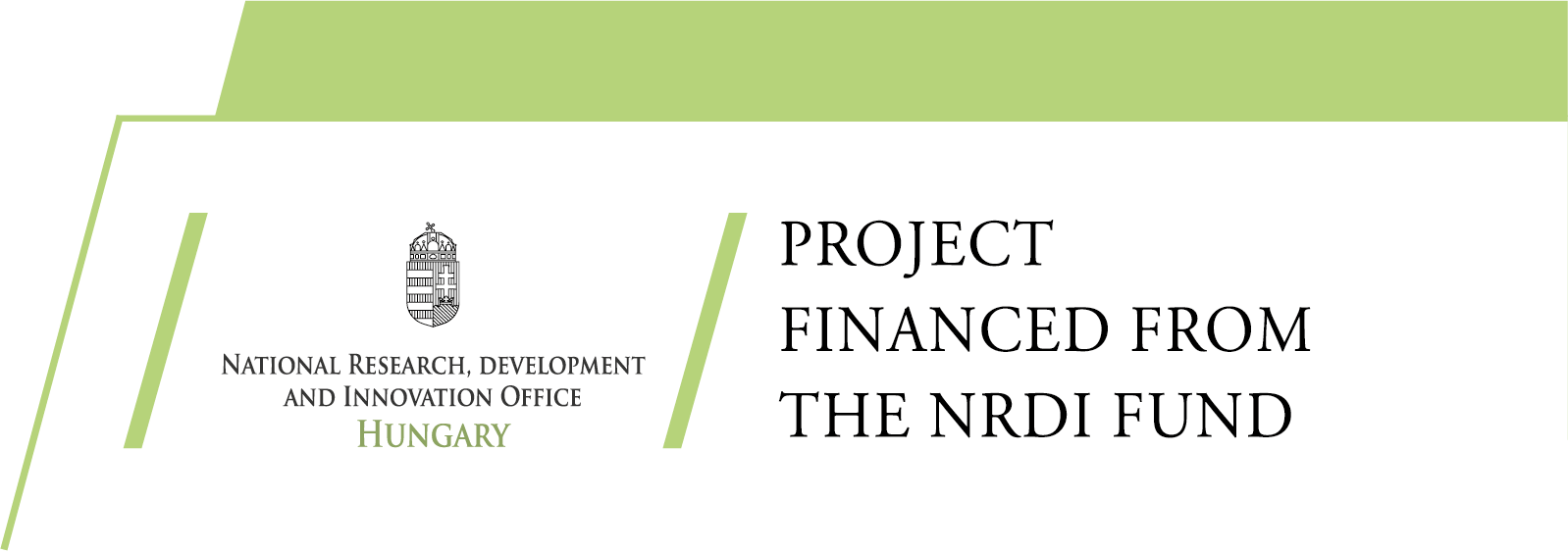wp3 / DC11
Identifying leverage points and facilitating multi-level design experiments that enable just ecological transition
Hosting institute
Supervisor
Co-supervisor
Mentor
Doctoral candidate
Purpose
The doctoral research project aims to study and integrate particular approaches and practices from ‘transition studies’ and ‘design for sustainability’ best suited to enable a just ecological transition. An important outcome will be a conceptual framework that articulates set of key approaches, theories and tools relevant to ‘transition design’, evidenced through concrete cases. Analyzed case studies will be a basis for evidencing relevant approaches within actual transition processes as well as for identifying gaps and future opportunities. In addition, particular transition design methods and tools will be developed and advanced. Thus, cumulatively, the purpose of this research is to provide a set of conceptual and practical ‘heuristics’ that advance knowledge across multiple academic disciplines and that is relevant to practitioners in consultancies, governmental and third sector organizations. This DC will, together with several other DCs, contribute to a higher-level objective of understanding the application and adoption of design, transition and public participation practices that facilitate organisational change at different scales.
Methodology
The doctoral research will involve study of current theories and practices regarding just climate transition. This will involve an in-depth review of current literature and practice, with the objective to integrate knowledge across transition theory and related organizational and design practices. More specifically, this will involve analyzing particular theories of change and mapping out multiple related tools (such as ‘multi-level perspective’, ‘x-curve’, etc.).
Case study methodology will involve a survey and selection of relevant cases (including from secondment organizations Stockholm Environment Institute and EY Seren), which may be ongoing long-term cases, historical or ‘live’ projects. Indicative topics include mobility, waste, energy, food system and land-use transitions, with stakeholders spanning supply chains, businesses and government, civil society households and indigenous communities. Document analysis, qualitative methods (such as interviews) and design may be employed to shed light on whether and how such theories of change and tools can be put into practice, and, furthermore, how these may impact just climate transitions.
While literature review and case studies will the primary research methods, practice research may include designing and/or testing tools related to transitions and futures; using or training others in collaboration, facilitation and creative methods and tools; developing transition design roles within organizational and policy contexts; ‘speculative experimentation’ with developed tools and roles within ‘live’ cases.
Case study methodology will involve a survey and selection of relevant cases (including from secondment organizations Stockholm Environment Institute and EY Seren), which may be ongoing long-term cases, historical or ‘live’ projects. Indicative topics include mobility, waste, energy, food system and land-use transitions, with stakeholders spanning supply chains, businesses and government, civil society households and indigenous communities. Document analysis, qualitative methods (such as interviews) and design may be employed to shed light on whether and how such theories of change and tools can be put into practice, and, furthermore, how these may impact just climate transitions.
While literature review and case studies will the primary research methods, practice research may include designing and/or testing tools related to transitions and futures; using or training others in collaboration, facilitation and creative methods and tools; developing transition design roles within organizational and policy contexts; ‘speculative experimentation’ with developed tools and roles within ‘live’ cases.
Secondments
Stockholm Environment Institute, Sweden (3 months) supported by a mentor (Dr Fiona Lambe) to map transition cases in relation to the extant literature on ecological transitions and design within multi-level systems.
EY Seren in UK (6 months) supported by a mentor to develop case studies of facilitated transition design experiments including participant observation and interviews.
EY Seren in UK (6 months) supported by a mentor to develop case studies of facilitated transition design experiments including participant observation and interviews.
